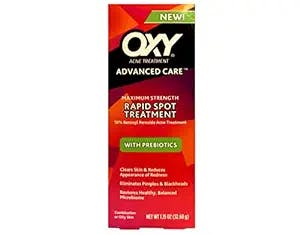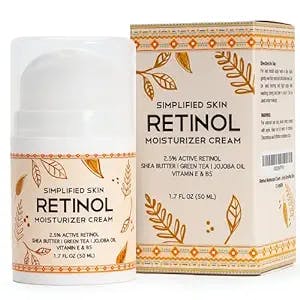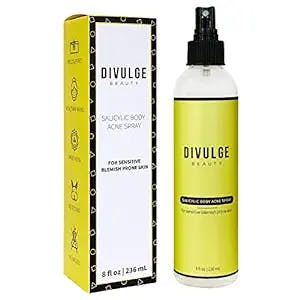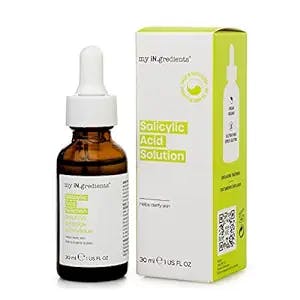TheAcneList.com Reviews the Murad Clear Skin Supplement

As an Amazon Associate I earn from qualifying purchases.
If you're someone who struggles with acne, especially comedonal or nodular acne, this supplement could be a game-changer for you. It's also great for people with oily skin, as it helps control sebum production. And it's not just for the face - if you're dealing with acne on your chest, back, or even private parts (yep, pimples on labia are a thing), this supplement can help.
One of the best things about the Murad Clear Skin Supplement is that it's easy to incorporate into your routine. Just take two capsules a day with food and water, and you're good to go. Plus, the capsules are pretty small, so they're easy to swallow. And unlike some acne treatments, this one won't dry out your skin or cause any irritation.
But like any product, the Murad Clear Skin Supplement isn't perfect. One downside is that it's a bit on the pricey side. And while it does contain vitamin A, which is great for acne-prone skin, it's important to note that too much vitamin A can be harmful. So if you're already taking other supplements or medications that contain vitamin A, you might want to talk to your doctor before adding this one into the mix.
Overall, we think the Murad Clear Skin Supplement is a great choice for anyone looking to improve their acne from the inside out. While it's not a miracle cure, it can definitely help reduce breakouts and inflammation. And let's be real - anything that helps us feel better about our skin is worth a shot.
Pro:
- Contains biotin, zinc, and vitamin A to improve acne-prone skin
- Easy to incorporate into your routine
- Can help with comedonal and nodular acne, as well as oily skin and acne on other parts of the body
Con:
- A bit pricey
- Contains vitamin A, so if you're already taking other supplements or medications with vitamin A, be cautious
Bottom Line: The Murad Clear Skin Supplement is a great option for anyone looking to improve their acne from within. Just be mindful of the price and potential vitamin A overload. 8 out of 10 stars.




